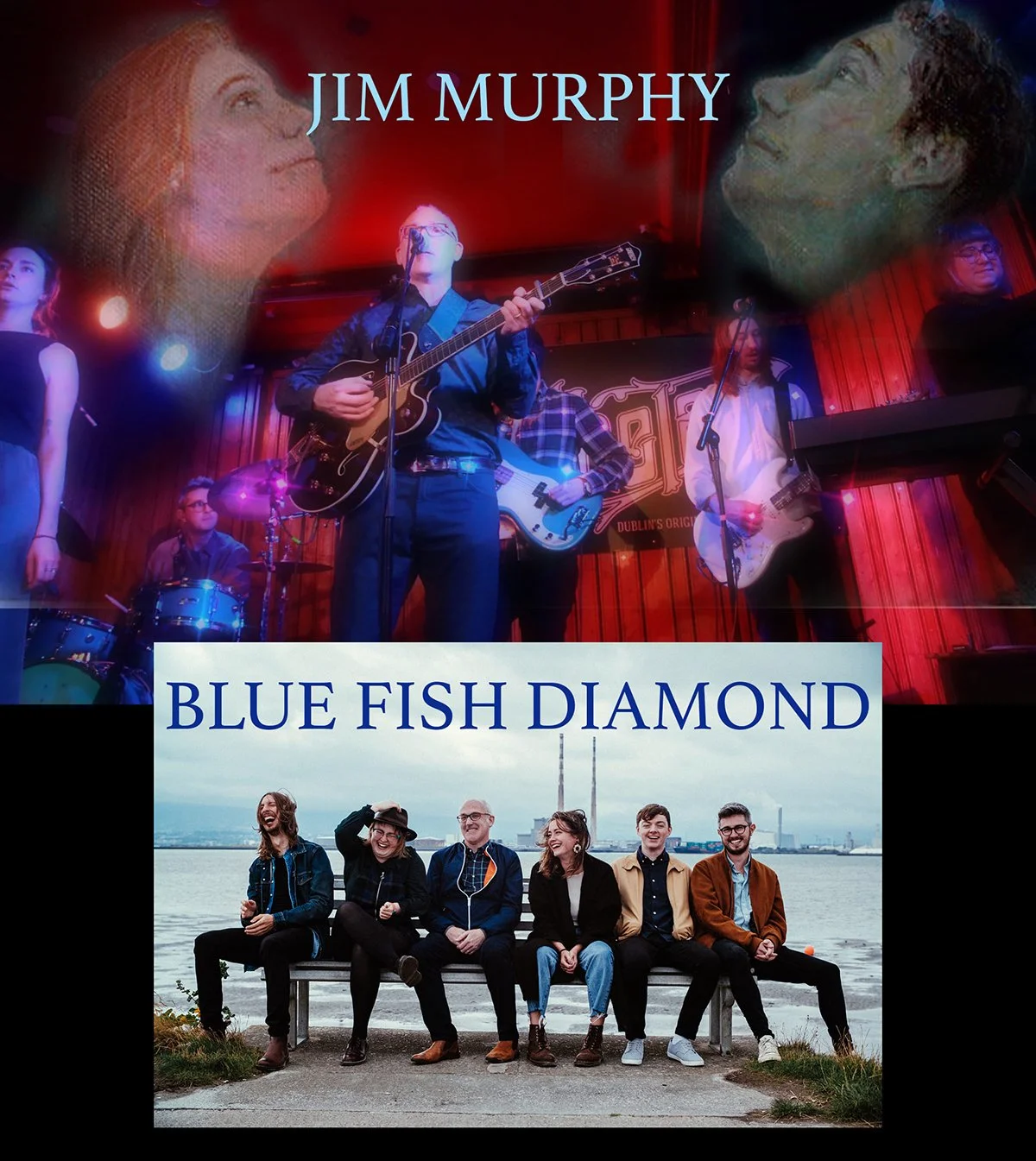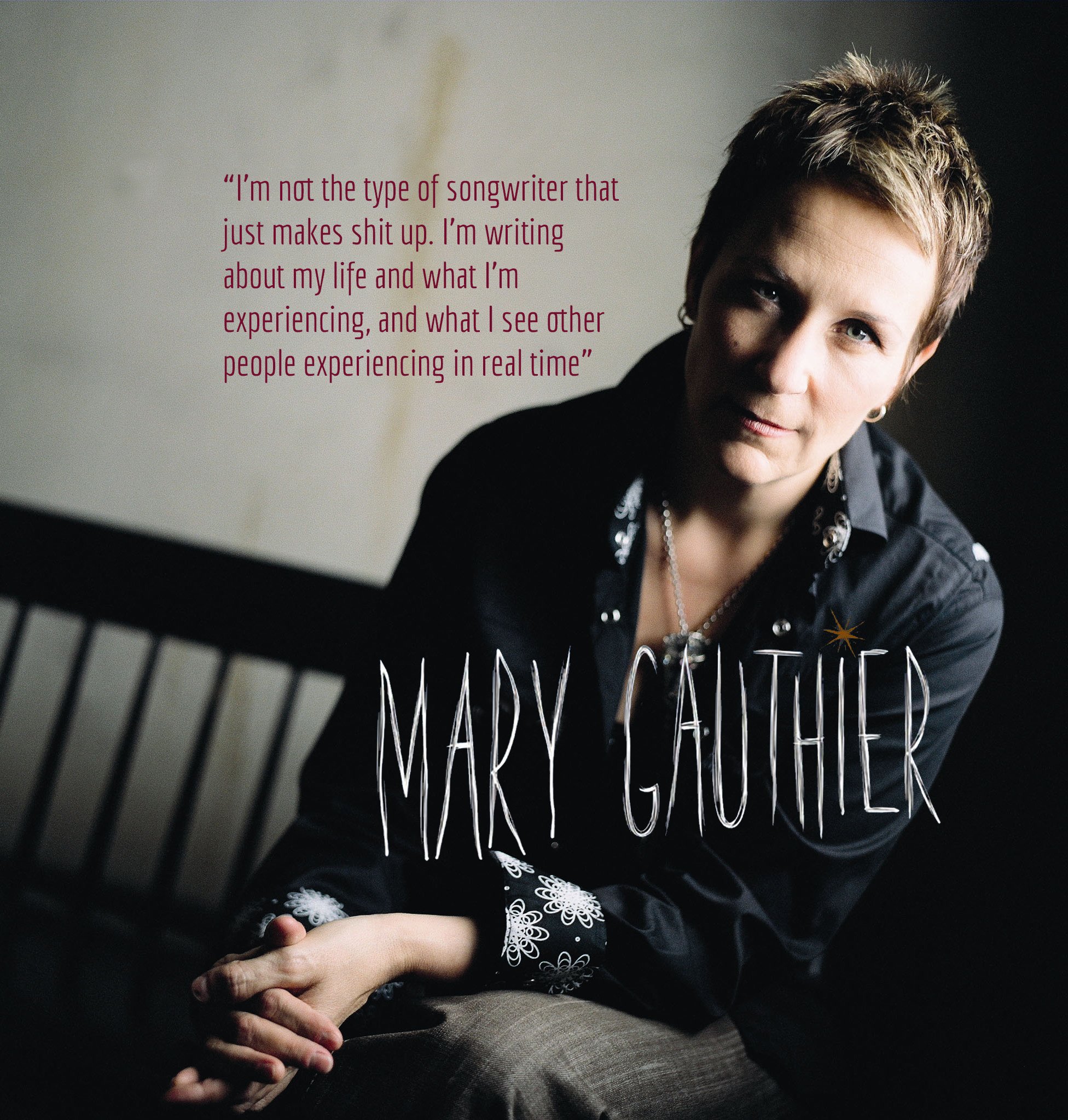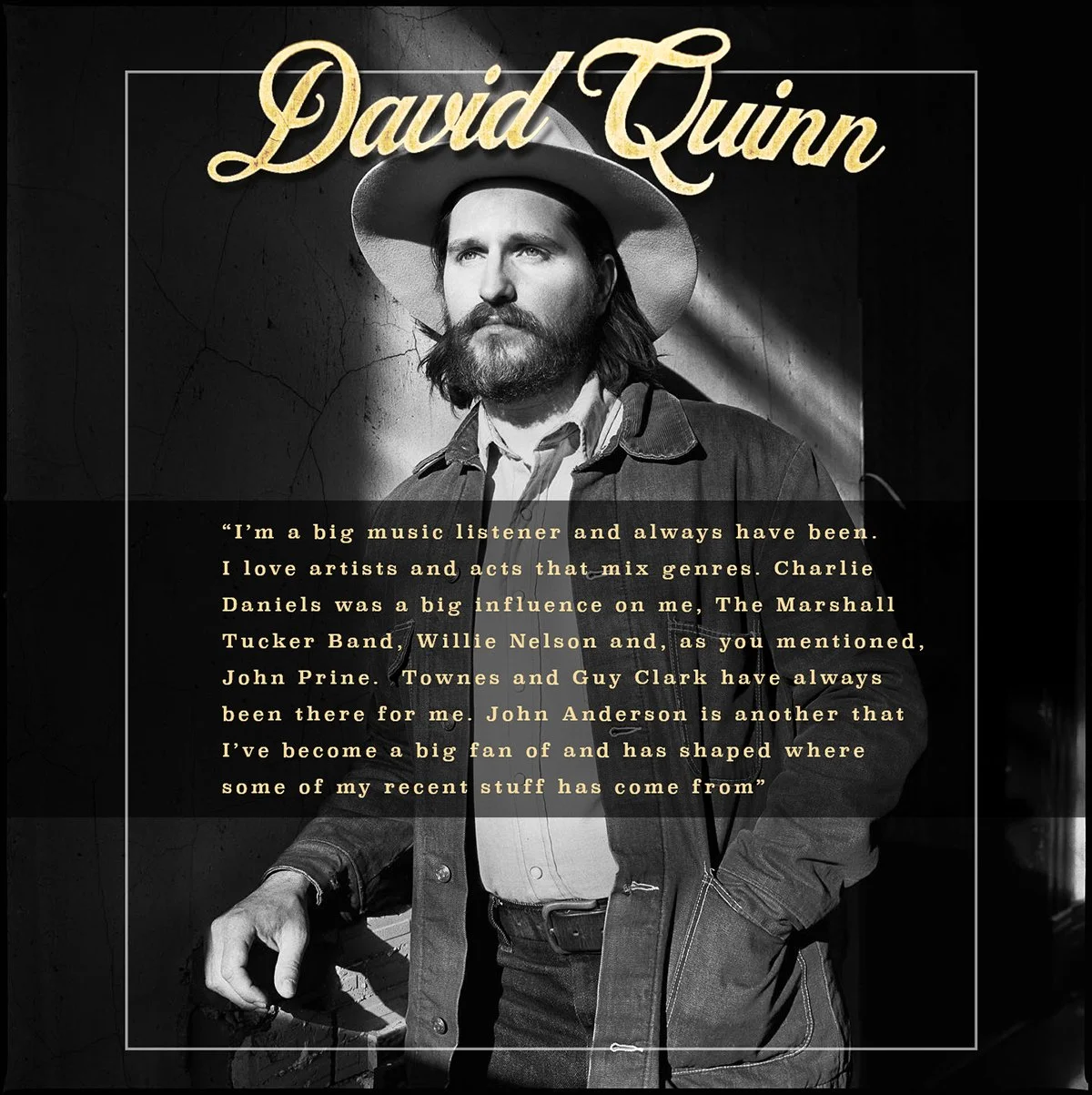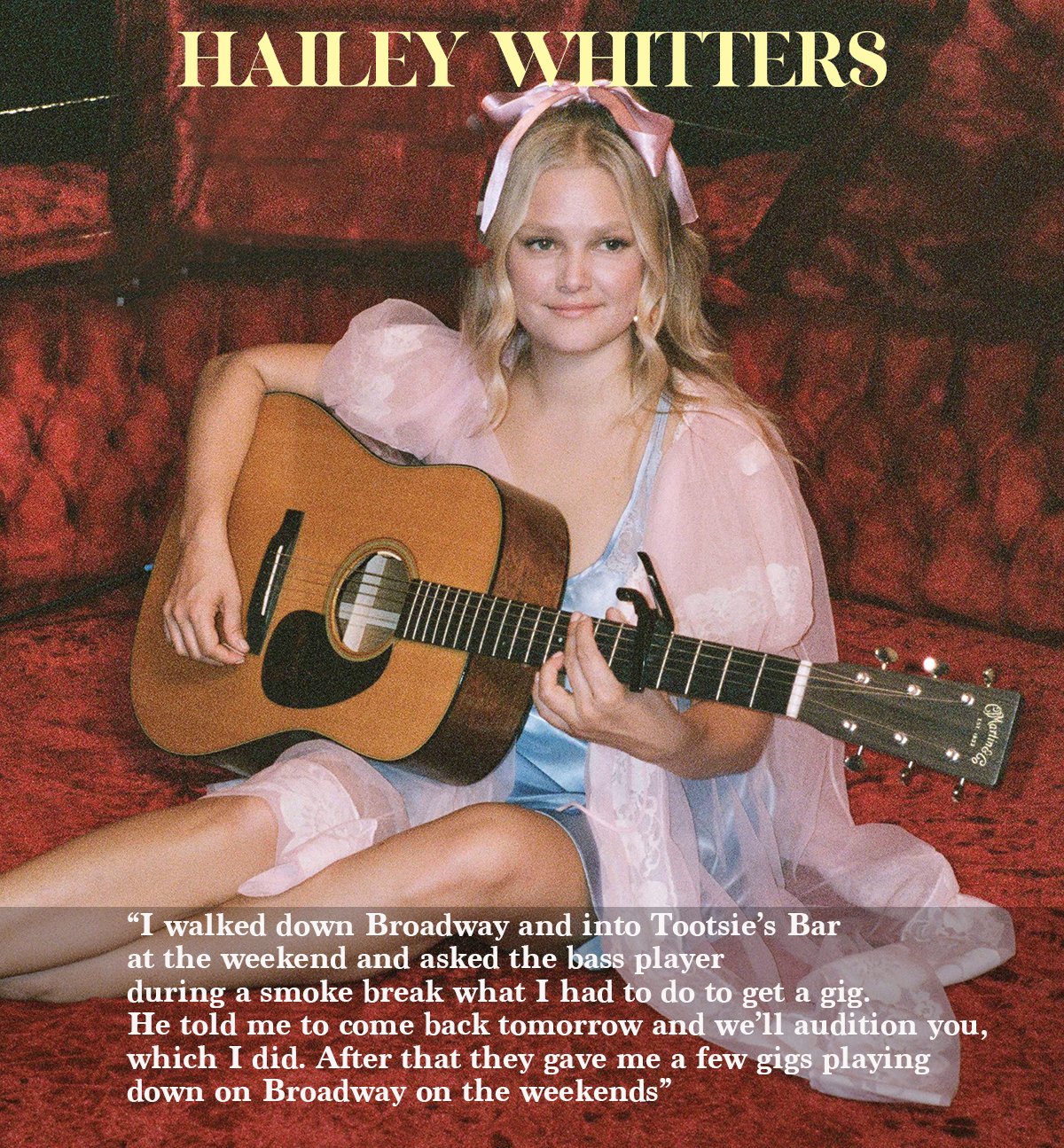Gary Waldman has been in music all his life. He is an entrepreneur, with interests in a number of areas across the industry, and a track record that has seen him wear many hats as he juxtaposed different interests. He is the owner of Morebarn Music and TourProLogic, two companies that are involved in covering artist, producer, and musician management, as well as tour production. Gary is one of life’s gentlemen and very humble in taking credit for the huge support he lends to artists over his many years of advice and sharing his experience in an open and generous fashion.
The reason for my interview request with Gary is to learn more about his life-long friendship with the gifted musician Neal Casal, who sadly died two years ago. Gary was a true friend, manager, and confidante throughout the entirety of Neal’s career. His role in mentoring and guiding such a great talent throughout his life, cannot be understated. Today, he also acts as the founder and executive director of the Neal Casal Music Foundation. Gary is also the executive producer of Highway Butterfly: The Songs of Neal Casal, a tribute to his life and music and this collection features 41 artists performing Neal’s songs on 5 LPs or 3 CDs. Gary is also the perfect custodian of the legacy that Neal has left behind.
Hi Gary. It’s good to talk with you and are you currently in New York city?
No, I'm actually in Woodstock, New York. I was living in New Jersey for years, and then I lived in New York City from 2003, up until earlier this year. And then I moved up here. So, now I live in a 200-year-old farmhouse that I'm renovating and it's probably going to take the rest of my life to finish! I'm actually right across the street from the Bearsville Theatre, which is a somewhat famous music venue, and the land behind me, up in the woods, was once owned by Albert Grossman, Bob Dylan’s manager. He was the guy who kind of got everybody to move up here in the 60s.
Did you actually go to school with Neal in the New Jersey area? Is that how you first met?
No, I did not go to school with him. I was a few years older and we lived a town apart, about ten miles from each other. When I got out of high school, I was going to college and I got a part-time job at a record store. Neal was in his last year of high school and he had a hard rock band called Exire. The bass player in that band used to shop at the record store I worked at and one day he came in, and gave me the band's cassette, which they had just recorded. I gave it a spin and I actually thought it was pretty good. I then went to see them play. They were playing at a venue right down the street and I thought that Neal was really good. And we just became friends; we had a lot in common. I had been working at the record store, and I had a pretty good record collection. So, Neal would come over and, you remember the back in the day, recording albums onto cassette? He would pull out albums and be like, ‘What is this?’ And I'd be like, ‘Oh, that's Free, they're one of the great English hard rock bands and you’ve got to record that.‘
You were something of an influence on his early music education then?
Well, I turned him onto a lot of music and, I just started helping him out. One of the things that we really bonded over was our shared love of a band called Blackfoot. They were a Southern rock band and they were really popular in the 70s. But they had moved to New Jersey in the mid-70s when they were looking for a record deal, so they could be closer to New York City. And when Neal and I were teenagers, everywhere we went, everybody was like; “Oh, Blackfoot, Blackfoot, Blackfoot.” And so, we both, separately of each other, had become big fans of theirs. And by the mid-late 80s, Southern rock was out of fashion, but they were still going as a band, with one original member and you know, playing clubs and not doing all that great in their career. I had become friends with their manager when I worked at the record store. I would just call him up and be like, “Hey, is there anything we can do to promote the band?” And then eventually, he was like, “Yeah, we're looking for some new musicians.” And I said, “Ah, I’ve got a great young guitar player.” How old is he? Yeah, he's 19. And they're like, he probably can't do it. I said I'll bring him out there to Detroit where you guys live and let him audition. And so, we went out there. Neal was just so good - he was so prepared and he knew every song inside out on guitar and he could sing all the harmonies. They were rehearsing and Rickey Medlocke, who was a fairly legendary rock and roll singer and an original member of Lynyrd Skynyrd, and Blackfoot, when they had been a big band; he looked around, and was like, “Who's this kid at 19 playing so great?” And so, Neal got in the band and played with them for a couple of years all over the world.
So, you played a key role in getting Neal his first start on the road to being a full-time musician back then?
Yeah, I mean, I was a guitar player as well. So, I knew enough about guitar to, you know, help him there too. But he eventually met a guy named Davis Jaynes, who worked at a music store where we lived. Neal got a job there and Davis had played for years with Leslie West of Mountain. So, Davis was really Neal's guitar mentor and really got Neal to pull his own style out of himself, rather than trying to copy other people, which, you know, when you're 18 years old, is all about “ I'm going to be Eddie Van Halen.”
Did you continue as a musician, Gary? Or did you go into management at a fairly young age?
Well, after I was working at the record store for a few years, I got a job at a record label. I worked there for seven or eight years. And then, I started my own management company. So, I always had a guitar around, but I didn't play all that much. But in the last 15 years or so, I've been playing endlessly. Learning all kinds of stuff on instruments.
And when you say you started your own company, was that MoreBarn music?
No, I started that in 1994. Actually, MoreBarn was a term that Neal and I loved. It was a Neil Young story. And Neal Casal, his original publishing company, was called MoreBarn, and then we morphed that name of my management company. (The story goes that Young shouted to his producer on the album, Harvest, that it needed "more barn" ambiance – from a rowboat in the middle of a lake with Graham Nash…)
You've been such a true friend to Neal over so many years, and I know that he gave you a production credit on the Rain, Wind and Speed album (1996).
Well, you know, could I sit there in the studio and offer Neal, my opinion? Sure… You know, if he wants to call me producer; I don't know if I'm really a producer. I've been involved with a lot of records over the years. And so, with Neal, I think we kind of had a shared vision for what we wanted it to be. So, he trusted my opinion. He gave me a producer credit, but I wouldn't be the guy who's like setting up microphones and going for a sound. I was more like a sounding board, which a lot of times, that's what a producer is, right? The producer is somebody who can listen and go, that's the best version right there. Or, that part you need to do again, or we should switch this. So, I helped him out a little bit here and there. But he didn't need much help. Neal had a very clear vision of what he wanted to sound like, especially in those early days.
We will define your role as spiritual guidance then…
Yeah, that’s probably better (laughs)!
Neal first came over to Dublin in 2001 and the trip was arranged as part of his promotion of the album, Anytime Tomorrow. He played shows in Dublin and Cork on a short visit.
He was helped a lot by a lady, Pierangela Manzetti, who was building an awareness of Neal’s music at the time and booking tours in England. She wasn't, per se, really in the business. She was trying to book some shows. She'd become a fan of Neal and just through sheer will - you know I've always said this; you could sign with a big booking agency and get nowhere, yet somebody like her, who really believed and really was going to push, made a lot of things happen for him. And you know, he toured quite successfully in the UK for a few years there, from 1998 through 2001, and she was great.
Neal loved Ireland, and he was particularly proud of the television slot he played; it was a perfect performance. Yeah, he loved coming there. And I know that the Ryan Adams in the Cardinals gigs he did there; he was so excited about those. He said those were great shows. (Neal played on Open House, RTE 1 and you can watch the performance at; https://www.youtube.com/watch?v=B8LdKR8qWaU ).
There's so much to talk about. I think that the new tribute album, HIGHWAY BUTTERFLY, is absolutely incredible. I'm so delighted with it, even though there is no distribution for the music into Ireland. To try and get the album stocked over here is really difficult as there are so few record stores left. These are the barriers that you're up against in trying to break it into markets overseas.
It's due to be distributed by Proper in the UK. They told us that they sold out of the initial batch of CDs and I'm always asking our US distributor, “What is going on with Europe?” We're getting orders, and I get so many messages from people. The vinyl also was very delayed and I'm hoping that we'll have it shortly after the New Year. You've probably heard about a worldwide vinyl shortage and also because of the Adele and Ed Sheeran new albums co-opting all the vinyl plants to print their vinyl? I'm glad that people want to buy vinyl, but it's very difficult right now, and also with our box set, it's five LPs. We've had some quality control issues and we've gotten a few test pressings that just didn't sound as good as it's supposed to sound. We also had a couple where the centre hole is not centred, it's a little bit off centre. So, if you're going to print vinyl, like job-one, print these center holes in the exact center, or else the music is gonna sound weird.
So, we just can't in good faith, say that it’s good enough to put it out. I hate that it's delayed but we're getting a new test pressing tomorrow morning, which we've been assured is ‘the one,’ and then we're going to be on a fast track to pressing them and hopefully have them fairly quickly. But it's been very frustrating because we put a tremendous amount of effort into this, you know, obviously the quality of the recordings, the sequence, everything we wanted to be perfect. And we've run into these delays with just quality control because vinyl is just difficult right now.
There's the whole issue of vinyl in the first place because of the eco-friendly argument; people are saying that you shouldn't be buying vinyl. But given the resurgence of an interest in vinyl this is hard to reconcile.
It's a really difficult thing. What's happened with streaming, and I like streaming as much as anybody, when I want to be able to find anything I want so quickly. At the same time, just for musicians, I mean, it's not free to make music, it's not free to record it. It's not free to devote your life to it and not have a normal life. So, you know, you go in there and you record, and then people are getting your music for free. It's really tough. And I know you hear these people saying, ‘Oh, stop your whining.’ Well, I mean, how do you expect musicians to continue? Sure, there's always going to be the Adele's and the Ed Sheerin's but, you know, for working musicians like Neal was, or for a lot of the people who are on this record - they have to go out there and work endlessly on the road because record sales are just not really a thing any more; certainly not for mid-level artists.
Talking about the new album, did you allow the artists complete discretion on which tracks they picked?
You know, the way it worked, it's funny, because there were a lot of songs where definitely we thought, ‘we got to get somebody to do this. We got to get somebody to do that.’ Well, it didn't quite work out the way I imagined. Each song has a little bit of its own story. There were some, where I was, ‘Ah, I know the perfect song for her to do, like Feel No Pain, Lesley Mendelson. I knew that I wanted her to do that one. And then there were some that Dave Schools and Jim Scott, who were the co-producers of the record, directed people towards. A lot of the time we got surprised by the songs that people wanted to do. So, let's say, myself, or Dave would send five or ten songs, that we think could be suggestions for an artist, and a lot of the time they would choose one that we didn't expect. There were also some people who had something in their mind, like, ‘Oh, this is the one I want to do.’
It was just that there's so many songs; that was the thing, right? So, we didn't really pay attention to let's make sure each album is represented. It was more like, “here's a bunch of songs we think would be good for you,” or a lot of people came to us with,’ this is the one I want to do.’ And I think you see a lot of people did songs from Sweeten the Distance, because Neal’s renown had grown from the time he was with Ryan Adams and the Cardinals. And then, when he was with the Chris Robinson Brotherhood, a lot of people had discovered Neal by then, and Sweeten the Distance was one of the main records he'd put out in that period. He didn't put out a lot of solo music while he was in those bands. And so, a lot of people fell in love with Sweeten the Distance. We had so many people like; ‘I want to do this one. I want to do that one.’ So that's why I think that the focus was on that. There's so many great songs, particularly on Basement Dreams, and The Sun Rises Here, that haven't been touched. Zephaniah O’ Hora, for example, did Best To Bonnie, which is on The Sun Rises Here. That's one of my favourite Neal songs, and I was like, you gotta do that one. So luckily, he was good enough to do that! There are lots of other songs. I thought that someone would pick Real Country Dark, or Reason, which were suggestions put forward.
I always liked Dandelion Wine and Bird In Hand, neither of which are included either.
Do you know that band, Railroad Earth? They've been playing Dandelion Wine in their live set for 15 or 20 years now. The main guy in that band, Todd Sheaffer, is a friend of ours who grew up near us in New Jersey. And many times, when they played, Neal with joining them for that song - which was always great. And I said to Todd, “do you want to do Dandelion Wine on the record?” And he really wanted to do a solo version of December and I just love his version of that song – it’s one of my absolute favorite songs on the record, it's just so beautiful…
Bird In Hand is one of my favorites too. Actually, the guy that I mentioned earlier, who was Neal's guitar mentor, Davis Jaynes. I wanted him to do a version of that song. He's In his early 70s now and he was having some health issues, he wanted to do it, but we just couldn't get it done by the deadline. So, I’ve kind of held that song for him. So, you know, if we do have a volume two, will get it on there for sure.
I wanted to ask was about the Music Foundation. You're a registered charity, so I guess that the only form of income that you have is through donations. Unless you receive grants in the United States for setting up such a foundation?
There are grants that you can get as a non-profit charity that we're working on. We've been lucky enough to also have a couple of very generous private donations. We also sell some merchandise on the Neal Casal website. So, there is a steady flow of income. We really are trying to make the foundation something that can live on for a long time, and we've been able to raise enough money to help some musicians who are having health issues. We’ve also given away quite a few instruments to kids in schools, young musicians, and we're working on much more of that - we're about to roll some out next week.
We are just trying to make it a place where people want to help musicians, and we can help facilitate that. And, you know what a difficult lifestyle it is for musicians. You're doing a long drive; you're going to a truck-stop for food. You do that for 200-some days a year. It's exhausting. And, musicians wind up ignoring their health; “Yeah, I’ll go to a doctor next year; I'll do this next time. Yeah, I'm going to be healthier on this tour.” It's just hard to do. So, musicians need assistance, and we want to assist them because we love music.
It's such a wonderful thing you're doing. The health and welfare of musicians is something that has been ignored for so long. It's great when you're young, and the world is at your feet, but when you get to the middle years, and suddenly you're looking around and thinking, ‘Well, how much longer can I keep this up? That's a really tough realization.
When you're young and you're doing this, yeah, you can go and do it. And you could do a nine- hour drive, and you can laugh about it and have fun. When you get into your late 40s, early 50s, you're looking back and going, well, what is my life now? And I think this is what happened to Neal and unfortunately, to me, it was obvious what Neal could do. He could have such a nice run here in his 50s and 60s, you can play guitar on other people's records, you can produce records, you could have a lovely career; go on the road less and we talked about it many times. But it just got to the point where he burned himself out. The exhaustion and the lack of a (quote), ‘normal life,’ I think just really caught up with him.
How do the daily activities of the Foundation work?
Really, the main bulk of the foundation work is done by myself and Michelle Augis. She is the marketing director, and she was a close friend of Neal’s. She has been amazing. You know, she's worked in the music industry for years and she's phenomenal. And the other people who are on the board; it's really for them, the occasional meeting and to check in. Willa Scantlebury has known Neal since he was born. Her mom and Neal's mom were best friends. So, basically, Neal and Willa were close enough to call them cousins. When Neal would come back to New Jersey, he would stay with Willa and now she is helping us with a lot of the musical instrument donations. So, in the schools that are in the area where Neal grew up, Willa is interacting with them and helping us set up donations. Kenny Roby as well. Kenny was a great friend of Neil's and a great artist. And Kenny has been helping out too. Neal was due to produce Kenny’s new album before he died.
And with that, it’s time to say goodbye to Gary.
He is a very generous and accommodating person and we could have easily continued on for another hour – swapping stories and speaking about Neal and his legacy. One of Neal’s last wishes was that a book be made of the photographs he has taken over the last 20+ years, while he traveled the world as a musician, surfer, and global explorer.
Jay Blakesberg and his team have brought to fruition a 240-page hardcover coffee table book that features over 250 beautiful photographs all taken by Neal. The book is titled Tomorrow’s Sky: Photographs by Neal Casal. It is available to order on the music Foundation website, as is the wonderful music project that deserves a home in every music lover’s personal collection. https://nealcasalmusicfoundation.org/
Interview by Paul McGee




















